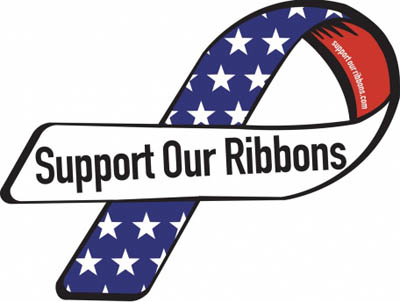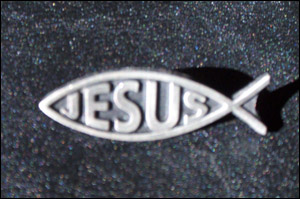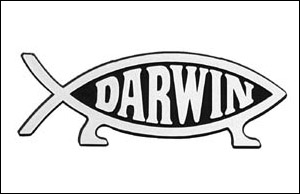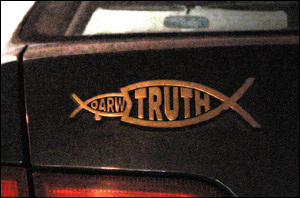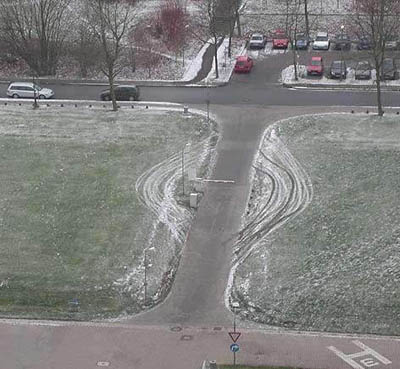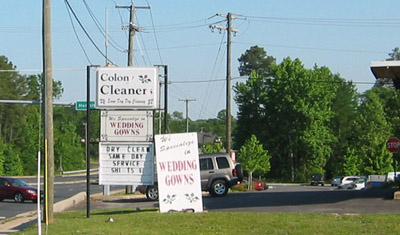You may have seen the Visa commercial “Lunch” featuring a highly efficient delicatessen, food literally flying off the grill, and everyone checking out at the register with a Visa check card without even breaking stride – all to the tune Powerhouse.
The whole operation breaks down, the commercial shows us, when some inconsiderate prick uses cash. The music comes to a calamitous halt, food crashes to the floor, people run into one another, and everyone stares at the man like he’s a herpe while the register clerk makes his change.
This is the first ad I’ve seen where cash is made out to be the bad guy, and I yell at the television every time it comes on. See, I love cash. I use it whenever possible and, despite Visa’s depiction to the contrary, my experience is that cash is still superior to electronic debit for retail transactions.
A few properties of cash that I enjoy are:
- It is accepted nearly everywhere.
- It spends even when the power is out and communications are down.
- My experience is that I get through most retail transactions faster than my debit card-wielding counterparts.
- The benefits of anonymity extend beyond privacy. Because cash transactions do not couple any of my accounts with my purchases, fewer records exist that are prone to compromise via dumpster diving, dishonest clerks or hacking.
- Cash is easily transferable. I can hand my wife a hundred dollars in cash without any intermediary.
- Cash can get things done that electronic debit cannot, e.g., slipping the maitre’d a Jackson for better/faster seating. If this is not an issue for you, I suggest that you aren’t living life to its fullest.
- Cash is a better deal both for retailers and customers. Retailers pay no fee (typically a flat 7.5 to 10 cents for debit, and up to a usurious 2% for credit), and customers are not at risk of discovering increasingly common point-of-sale fees on their monthly bank statements.
Cash isn’t ideal for everything. I pay all of my bills online, for example, because the benefits of eliminating all that paper (invoices, envelopes, checks) outweigh the costs (persistent records, transaction fees). Privacy doesn’t enter into it because my identity is already coupled to the accounts that I settle electronically.
In addition, cash does not scale well – paying for a car or house in cash is inconvenient and likely to invite scrutiny by our dedicated public servants at the Internal Revenue Service, Drug Enforcement Agency and Department of Homeland Security. And earlier this year, the 8th Circuit Court of Appeals ruled that “..possession of a large amount of cash…is strong evidence that the cash is connected with the drug trade,” and the cash can legally be seized.
With their irritating commercial, Visa is attempting to create a perception that simply doesn’t live up to its claims. I will continue using cash whenever I can, for as long as it’s around, and I recommend anyone consider doing the same. The world will be a slightly cooler place for it.
